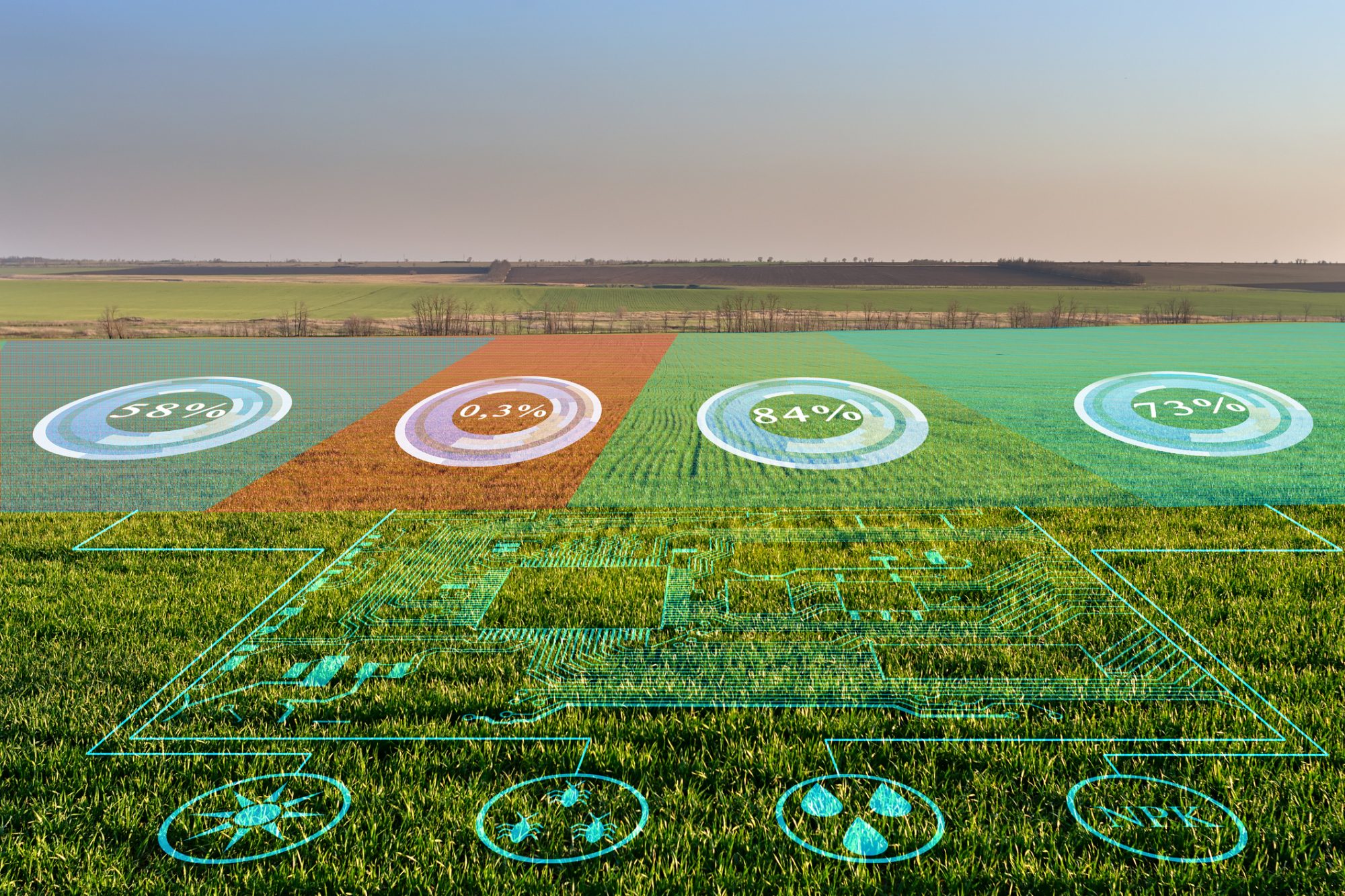A series of groundbreaking projects funded by the UK Space Agency harness environmental satellite data to address issues like water pollution, carbon emissions, and biodiversity threats
10 forward-thinking projects are set to leverage environmental satellite data to create climate services with wide-ranging applications, from agriculture and energy to finance and insurance.
How environmental satellite data helps
These initiatives, backed by the UK Space Agency, aim to identify and mitigate environmental risks and uncover green financing opportunities to foster sustainable growth.
The UK’s rich Earth observation and satellite technology history drive this funding effort, supporting novel ideas and rapidly deploying tools to benefit diverse users.
Each project, receiving up to £55,000 in funding, will focus on specific environmental aspects, including methane and nitrous oxide emissions, watercourse resilience, biodiversity changes, and decarbonisation technologies.

Leveraging satellite data to save the planet
For example, EOLAS Insight Ltd will develop a service for watercourse resilience, while Omanos Analytics will provide social context data to address climate change’s impact on demographics. These projects exemplify the potential of environmental satellite data in safeguarding our planet.
These ten projects represent a remarkable effort to use environmental satellite data for ecological conservation, offering innovative solutions to pressing issues and contributing to a sustainable future.
What are these environmental-funded projects?
-
Agreed Earth Ltd, Bolton
This solution models and monitors nitrous oxide emissions from agricultural lands using Earth observation and machine learning. It empowers farmers to use nitrogen usage and understand its environmental impact.
-
EOLAS Insight Ltd, Glasgow
This project offers an automated service for mapping and reporting watercourse climate resilience. It aids organizations in understanding the influence of global temperatures on local watercourses, advocating mitigation strategies like riverside woodland schemes.
-
Frontierra, London
Through a cloud-based service, corporations and financial institutions can perform a rapid and cost-effective assessment of their climate impact. It focuses on biodiversity, nature-related risks, dependencies, and opportunities.
-
Map Impact Ltd, Bristol:
Providing a catchment-wide perspective on freshwater management, this project uses diverse data sources to illustrate climate change and pollution impacts. It aids in forecasting events, mitigating risks, and safeguarding habitat biodiversity and human health.
-
Sparkgeo UK, Edinburgh:
Offering automated methane monitoring, stakeholders can measure and track methane emissions—a potent greenhouse gas—across their domains. Alerts are triggered when emissions surpass acceptable levels.
-
Agtelligence, London:
FarmScore is a comprehensive assessment system minimizing climate impact on farmlands. Incorporating Earth observation data, ground truthing, and a weighted scoring model, it measures critical environmental indicators and unlocks green financing opportunities. -
Omanos Analytics, Glasgow:
Enhancing resilience planning, this project delivers social context data on climate change’s demographic impact. It integrates community narratives in Earth observation products, considering factors like land use and traditional livelihoods. -
Capterio, London:
This satellite-enabled tool tracks and reduces gas flaring and methane emissions within the global oil and gas supply chains. -
GeoSmart Information Ltd, Shrewsbury
An automated groundwater-level forecasting system uses Earth observation to enhance climate change resilience. It improves flood and drought management coverage.
-
Stellarsat Ltd, Bristol:
Employing diverse data and AI tools, this framework proactively addresses exposure risks faced by critical energy infrastructure assets, such as electric vehicle charging stations and solar home systems, due to climate change-induced physical threats.











